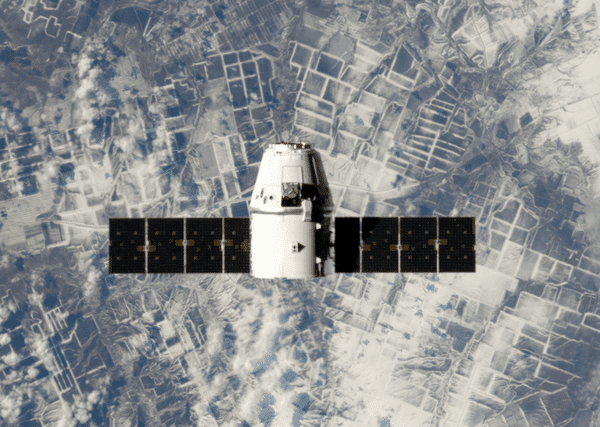Types of GPS Tracking and How They Work
Here is a quick trivia question to test your knowledge: How many types of GPS tracking are there?
- A) One
- B) Two
- C) Three
- D) Four or more
The correct answer is D! There are more than four types of GPS tracking. For instance, some trackers are used to monitor vehicles while other trackers are used to monitor people!
Let’s go over the 5 main types of GPS tracking and how they work.
Personal trackers monitor people or even pets. Usually, they work through a personal device like a pocket chip or bracelet. The devices are then activated. After activation, users can remotely locate and follow the device.
Use Case:
Lots of families are choosing to track their dogs. GPS tracking devices for dogs are quite common, especially for curious four-legged pooches! In the past, when a dog goes missing, owners would have to rely on “Lost Dog” posters or ID collars. Now, dog owners can order GPS-equipped collars. These collars provide peace of mind because owners can constantly track and locate their dogs in real time.
Asset Trackers
Similar to personal trackers, asset trackers can be used for non-vehicular items. Asset trackers can be anything from a small radio chip to large satellite tags.
Use case
Several grocery stores have been utilizing asset trackers to track stolen items. What is a commonly stolen item at the grocery store? One would assume candies or expensive food? Actually, you would be surprised to learn that shopping carts are the most commonly stolen item at a grocery store.
In order to prevent theft, grocery stores use anything from cart retrieving services to cart blocking barriers. However, a new and more efficient solution is using asset trackers.
Grocery stores that use asset trackers have seen a significant decrease in cart thefts. Grocery stores that use asset trackers can also increase revenue by identifying items in a cart, matching it to the customer’s loyalty card and also share that data with the advertising team!
Cell-based GPS vehicle tracking
Vehicle tracking, with either cellular or satellite networks, is probably one of the most common types of GPS tracking.
Cell-based vehicle tracking is more common than satellite tracking. This system uses a device to capture data from the vehicle and then reports the data by using cell towers. Compared to satellite tracking, cell-based vehicle tracking costs less and reports faster.
Use case
Delivery companies typically use GPS tracking to simplify their customer service workflow. Before GPS tracking, Office staff needed to call their drivers and ask for their location in order to update their customers. With GPS tracking, business and customers can track their orders in real time.
Satellite-based GPS vehicle tracking
Sometimes, cell-based vehicle tracking will not work because cell towers are unavailable in the area. Satellite tracking offers a solution to this problem. Through satellite networks, businesses can get updates from even the most remote locations!
Use case
An Alaskan trucking company often covers remote areas. Their biggest GPS tracking challenge is getting updates on their truck’s location, which is required even when cell towers may not be available. Because of this challenge, they implemented satellite tracking. Satellite trackers successfully provide constant updates on the truck’s location and can also be used by drivers to call for help when their cellphones are not in a service area.
Cellular-based tracking
The last example is cellular tracking. Currently, some businesses use cellphones as a GPS tracker. The process is quite simple – after installing a phone app, the phone uses Internet data to record and report its location.
Use case
Let’s re-explore the delivery business example. Some startups do not have their own fleet and rely on contractors with their own vehicles. Understandably, drivers might not want trackers on their personal car.
Cellular tracking is a good compromise. The app is installed and activated during business hours. As a result, these companies were able to track contractors without having to install an in-vehicle tracking device.


